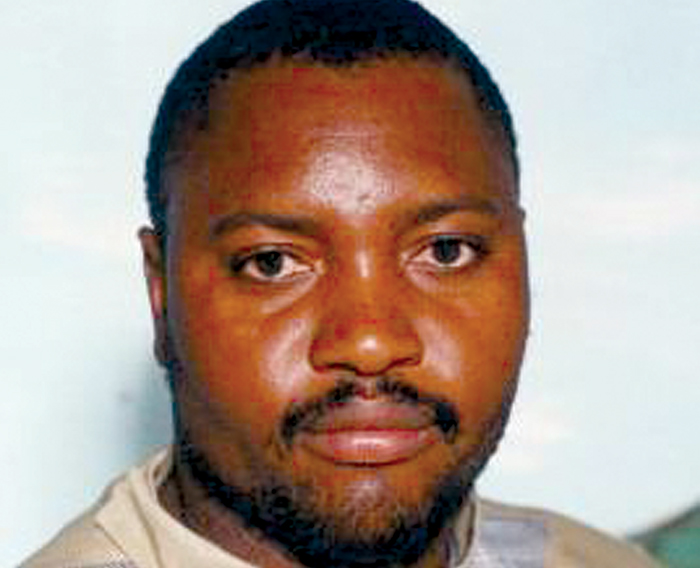

In 1989, the United Nations Convention on the Rights of the Child (CRC) ushered in a global pledge affording all children basic rights to be viewed and treated as human beings.
By Masola wa Dabudabu
The convention gave children a special set of rights that sought to eliminate treatment of children as if they were submissive or passive objects in receipt of care and charity.
As a result of the UN’s CRC, children’s rights are enshrined in national constitutions of most of the 193 member States of the United Nations. Zimbabwe is a full member of the UN General Assembly and the expectation is that her national laws will capture the essence of the UN’s CRC and do more to safe-guard children against any form of abuse.
It has to be acknowledged that membership to the UN often includes States that routinely disrespect human rights for one reason or the other. It is debatable whether Zimbabwe is a rough and rogue nation or not in light of the 2008 proposal for punitive sanctions tabled by the United States and Britain in the Security Council.
The fact that China and Russia used their powers of veto to scupper vote may be the strongest indication that the country had delved into the brink of establishing herself as a rogue State.
In terms of ordinary votes, the resolution was backed by nine States out of 15, including Africa’s Burkina Faso.
Whereas in principle a rogue State is one that breaks international law and poses a threat to the security of other nations, an internalised threat to basic human rights should earn the concerned State the unsavoury title of rogue State.
- Chamisa under fire over US$120K donation
- Mavhunga puts DeMbare into Chibuku quarterfinals
- Pension funds bet on Cabora Bassa oilfields
- Councils defy govt fire tender directive
Keep Reading
When the threat is extended to the rights of children, the concerned State should be considered as being at war with the foundation of future generations. Worse still, a country that explicitly encourages the sexual exploitation of the girl child should be brought to account.
Although Zimbabwe’s Constitution upholds the rights of children, there have been some incidents where children have ended up enduring horrendous treatment due to direct or indirect acts of abuse.
Indirect acts of abuse result from political conflict, family feuds, bestiality born out of economic turmoil, among others.
On the other hand, child abuse that derives from direct action includes parental cruelty, State-sponsored terrorism such as engaging children in “political pungwes” and conscription to youth brigades, denial of education and treatment, and societal paedophilic tendencies.
Paedophilia and sexual exploitation of children are some of the greatest crimes against children.
To guard against this despicable crime, the law is unequivocal in stating that a girl child should be allowed to grow up to a certain age before she can legally consent to sex. Such protection of the girl child is necessitated by the existence of men with paedophilic tendencies within our midst.
Any government should be on the lookout for the sexual exploitation of children.
In Zimbabwe’s case, economic turmoil adds further responsibilities on the government to protect children, especially girls, from being exploited by those with the means to do so.
Vulnerable underage girls require State protection from predators, hence the laws forbidding sexual activity with girls below the statutory age of consent.
There are no buts and whys here; girls under the age of consent are legally untouchable.
All safe-guards are in place.
The Constitution provides a framework of what cannot be done to children, the police arrest those who break the law on child abuse and the stern judges send the offenders to jail.
The Prosecutor-General (PG) should normally add his weight by way of providing guidance and directions in prosecutions as well as monitoring observance of the law during prosecution.
Zimbabwe’s one and only ever PG Johannes Tomana has slightly different views about the issue of underage girls being sexually exploited. The PG has been reported as having expressed a desire to see girls as young as 12 being married off to give them something to do during these times of economic hardships.
Here the PG failed to respect his position as an official with a remit to prosecute criminals, including those perverts who sexually abuse children. In an interview with one of the local newspapers, the PG removed his jurisprudence hat and in its place wore a hat of his primitive instincts.
He made feeble attempts to convince his intended audience that sometimes sleeping with a girl who has not reached the age of consent can be excused.
Tomana’s views could have been purely personal in the hope of initiating national discourse.
If that is the case, then next time he should choose a less sensitive subject.
If he constructed his views guided by his jurisprudence, then he needs to plan for a late career change unless he was expressing his master’s views!










